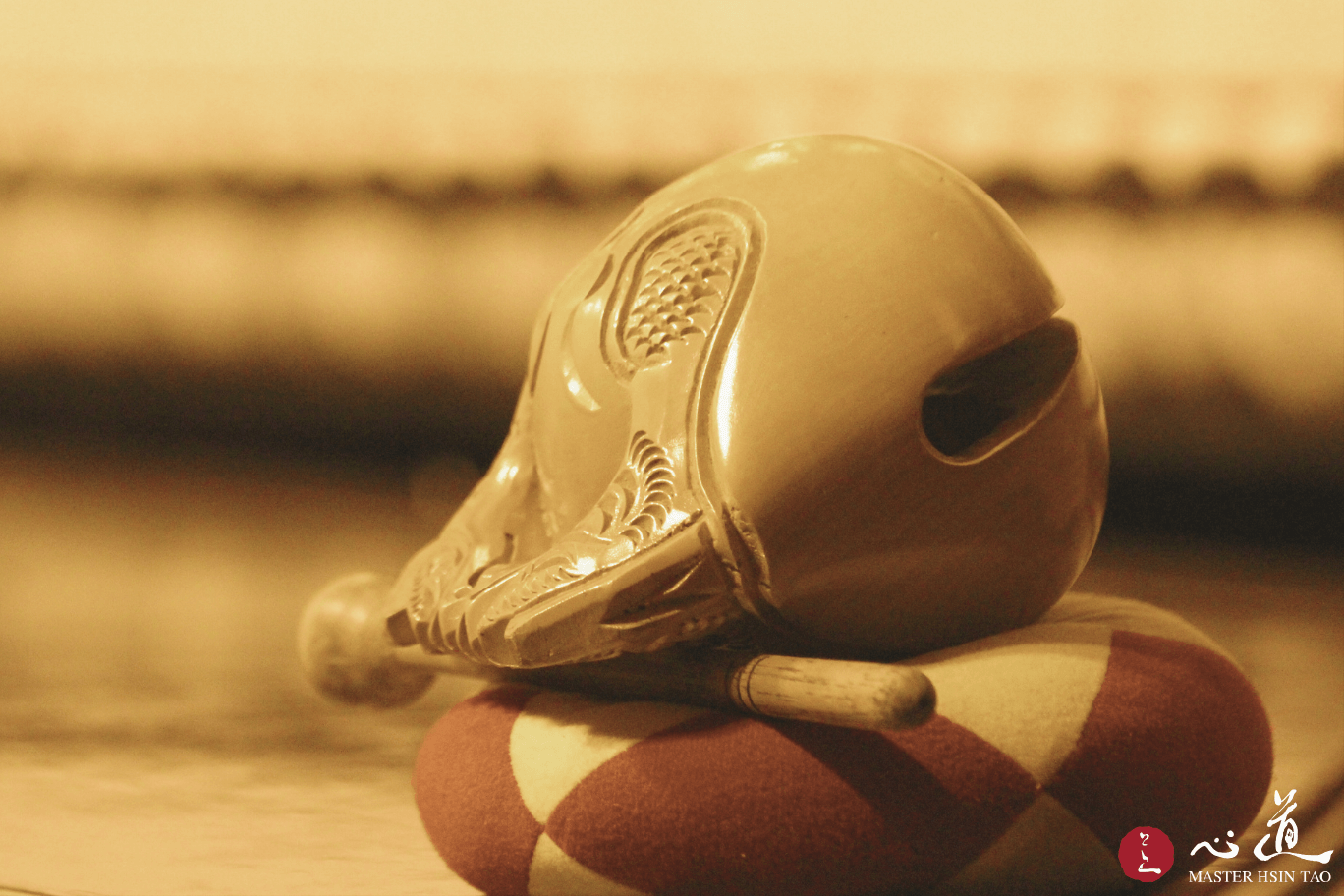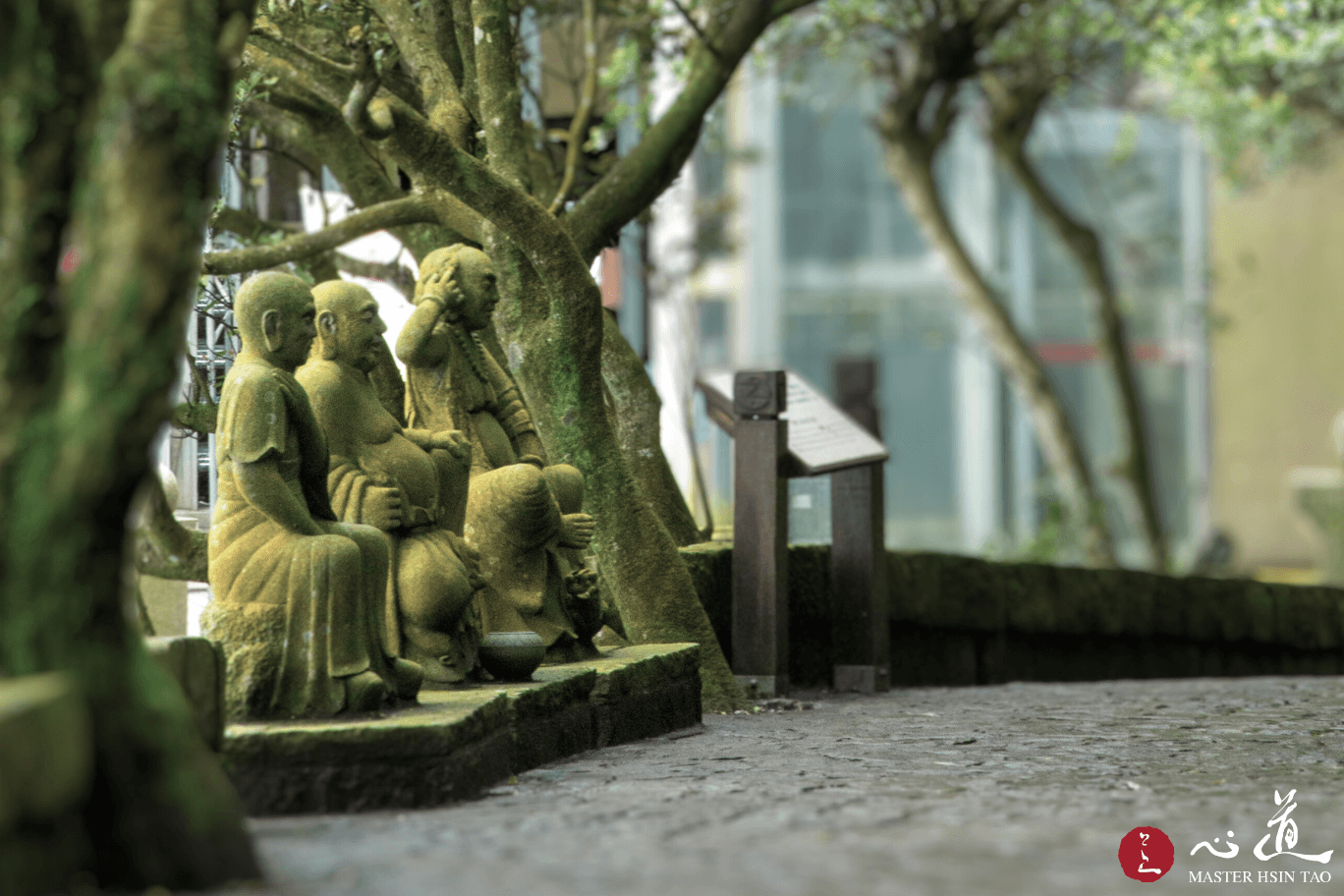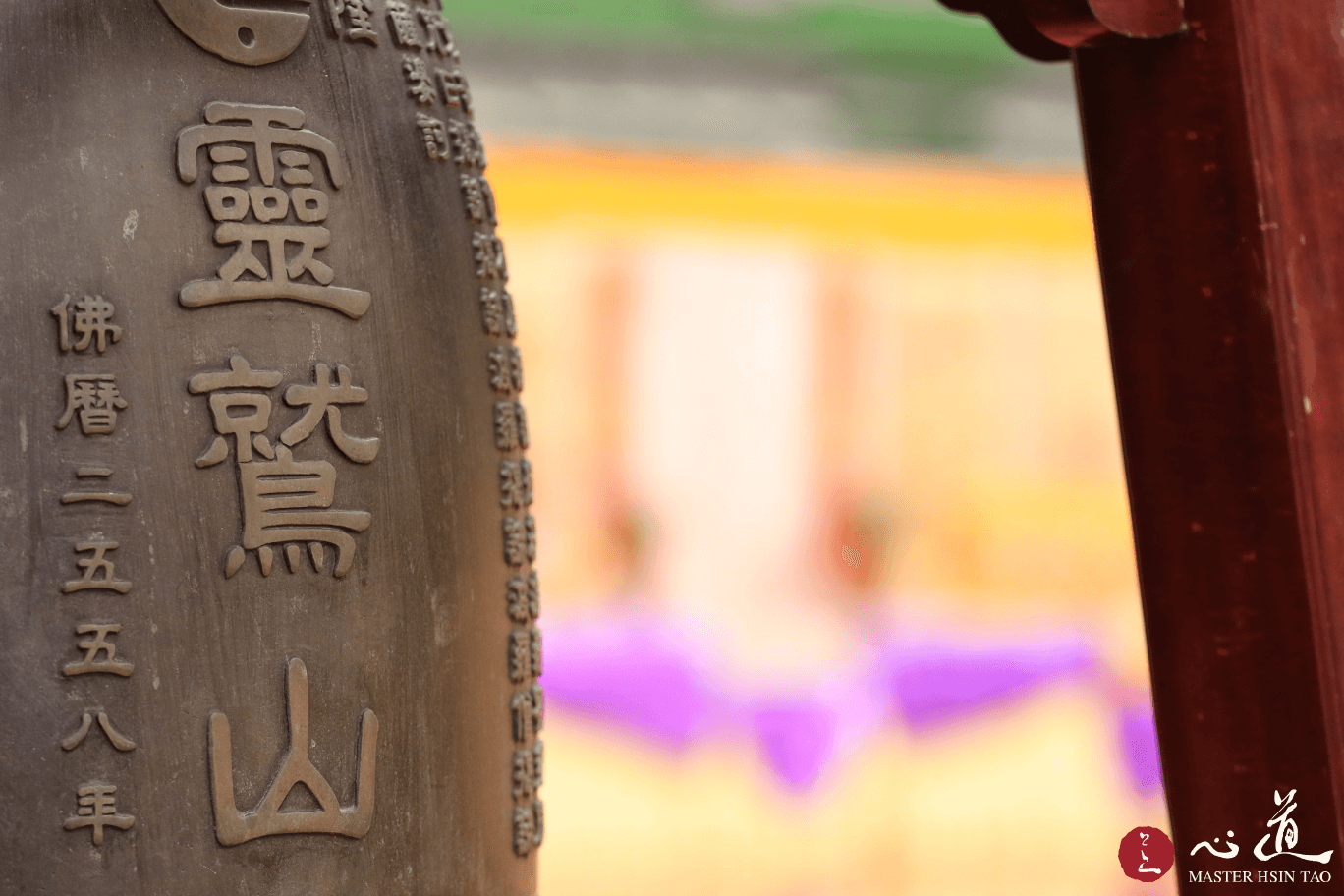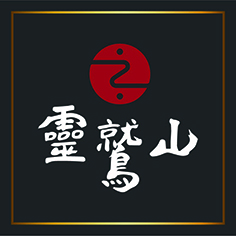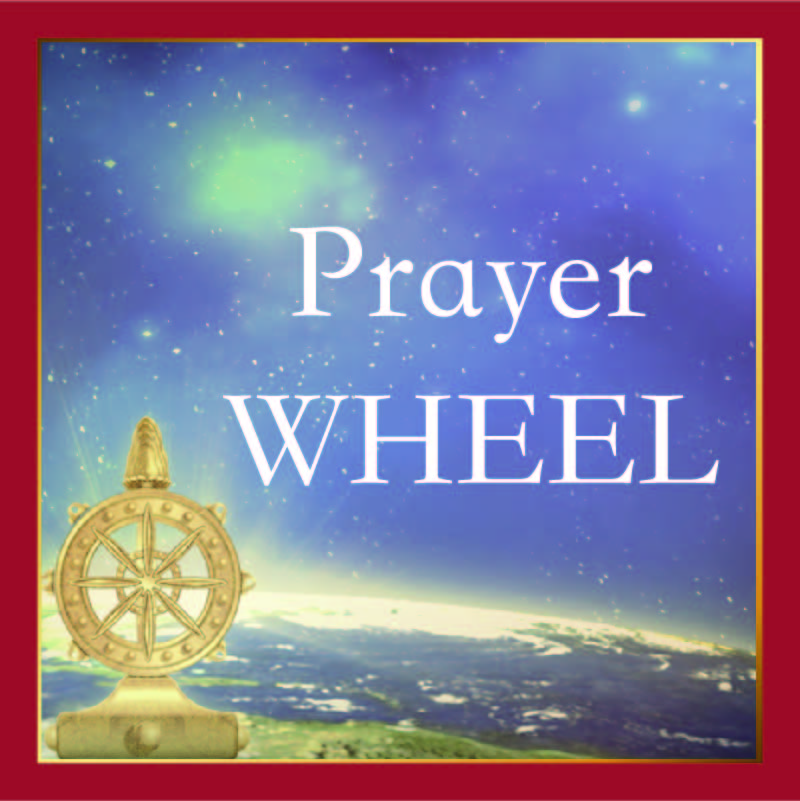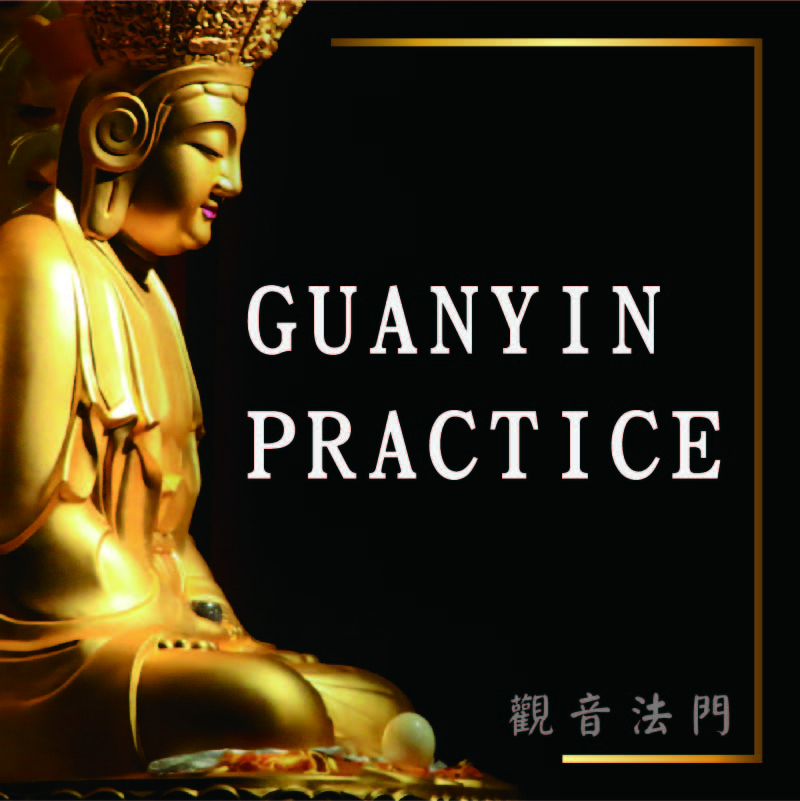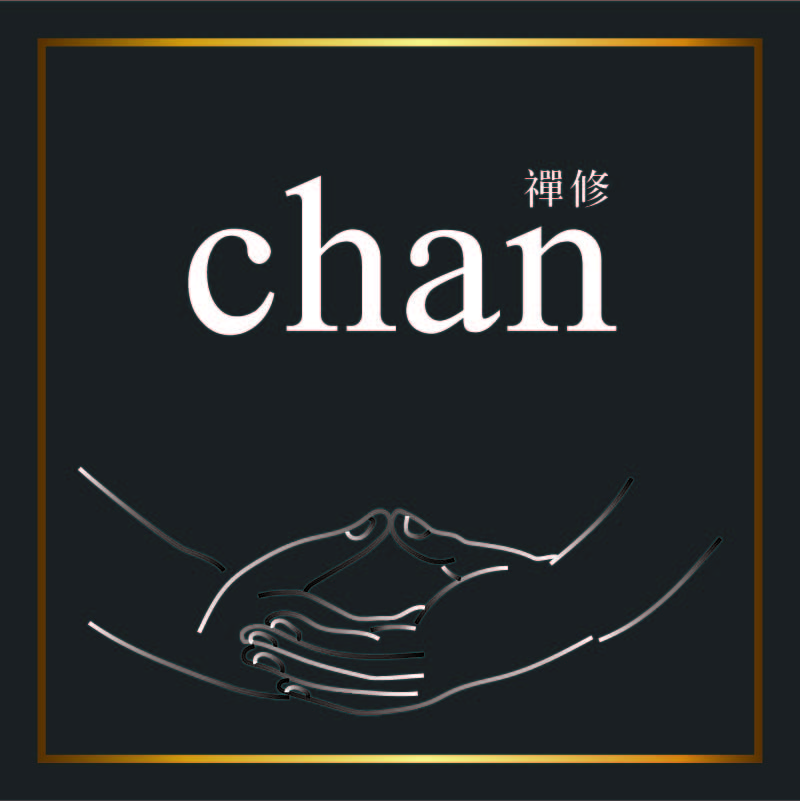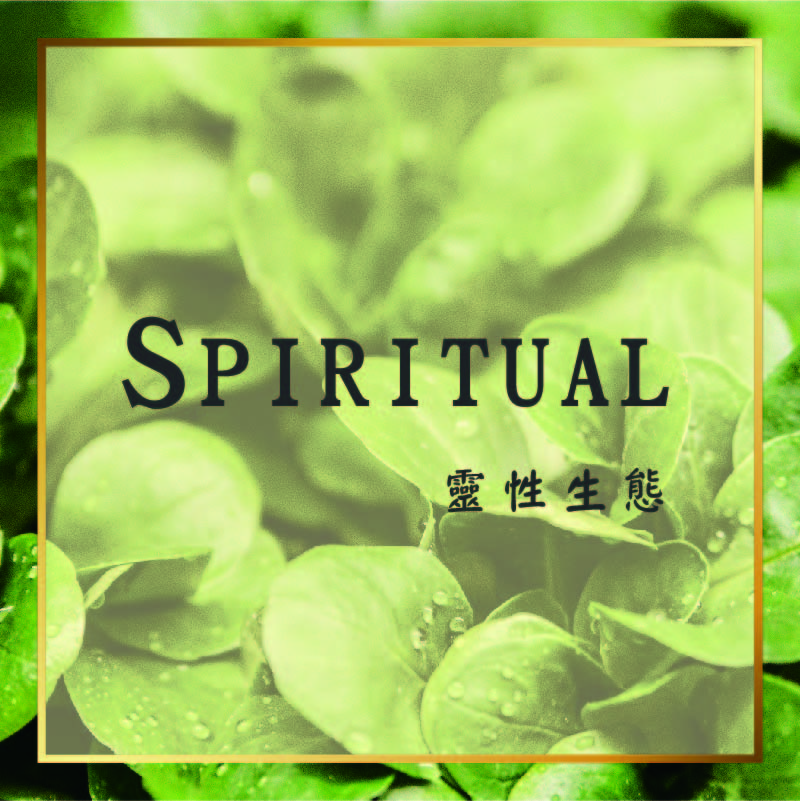
Fasting and Dharma Practice
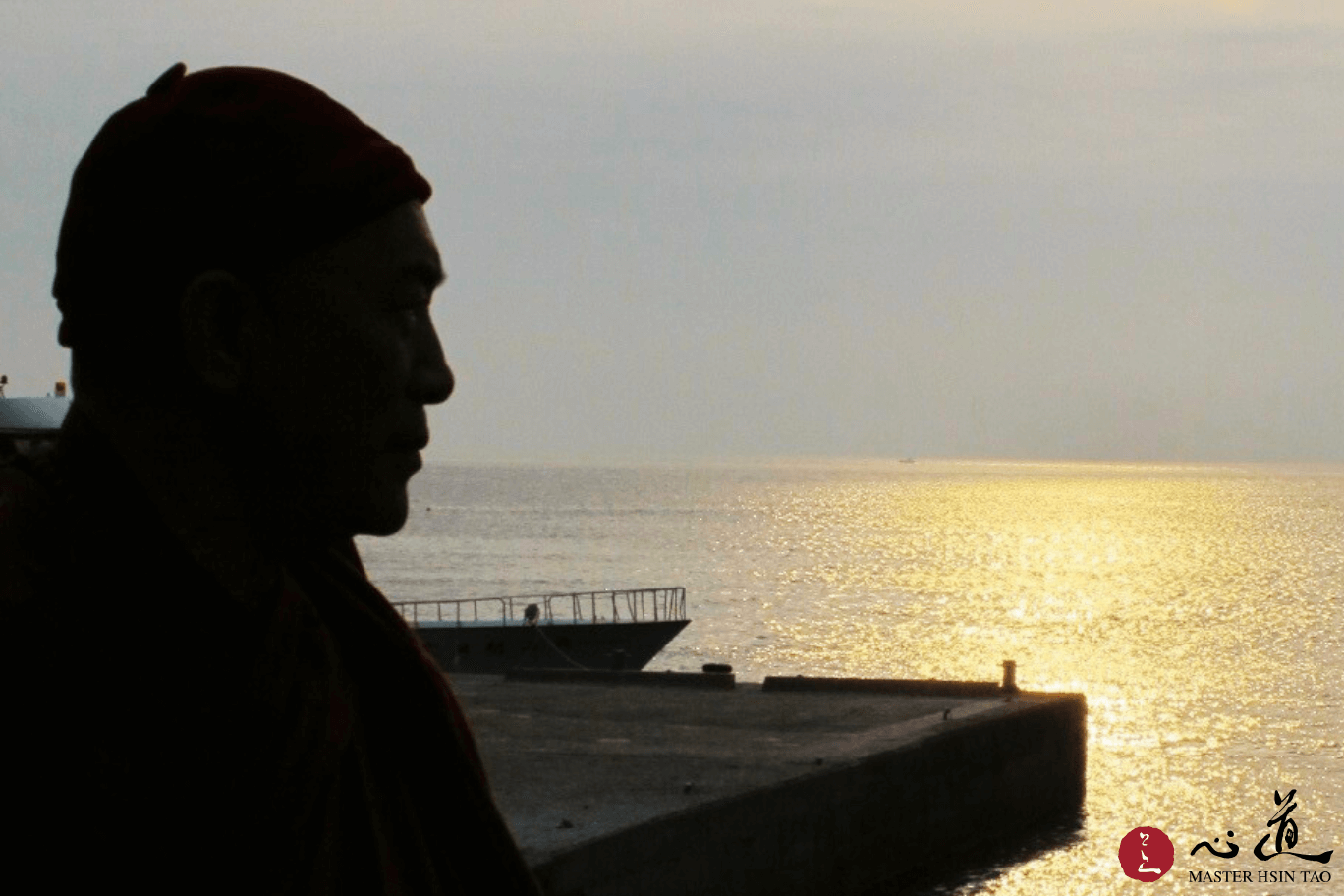
- Question: Many people are curious about your experiences with Dharma practice. Is fasting a necessary part of the path?
- Master Hsin Tao: In order to gain a deeper understanding of the spiritual state of mind, we employ various methods to explore the different responses of life. Take fasting, for example—what kind of reactions arise when we refrain from eating? In our ordinary state, our responses tend to be slow and dull. But what happens when we are hungry? The immediate response is a sense of crisis: “I’m about to die; without food, I will perish.” What does this state feel like? And more importantly, what does it feel like in terms of our spirituality? These are all life experiences.
During ascetic practices, I begin to sense the nature of my spiritual state of mind. Fasting serves as a method for cutting through greed, aversion, and ignorance. As ignorance diminishes, desire decreases, and the mind settles into greater harmony and stillness. A cemetery or burial ground, for instance, is an extremely quiet place—nothing in the graves comes out to disturb you, and no one else comes to make noise. Living among graves brings a deep insight: it is through suffering that we are able to renounce desire. When one is confronted with death on a daily basis, one’s desires naturally subside. After all, human beings are largely driven by desire—without it, would we still wish to live? Is that really the case?
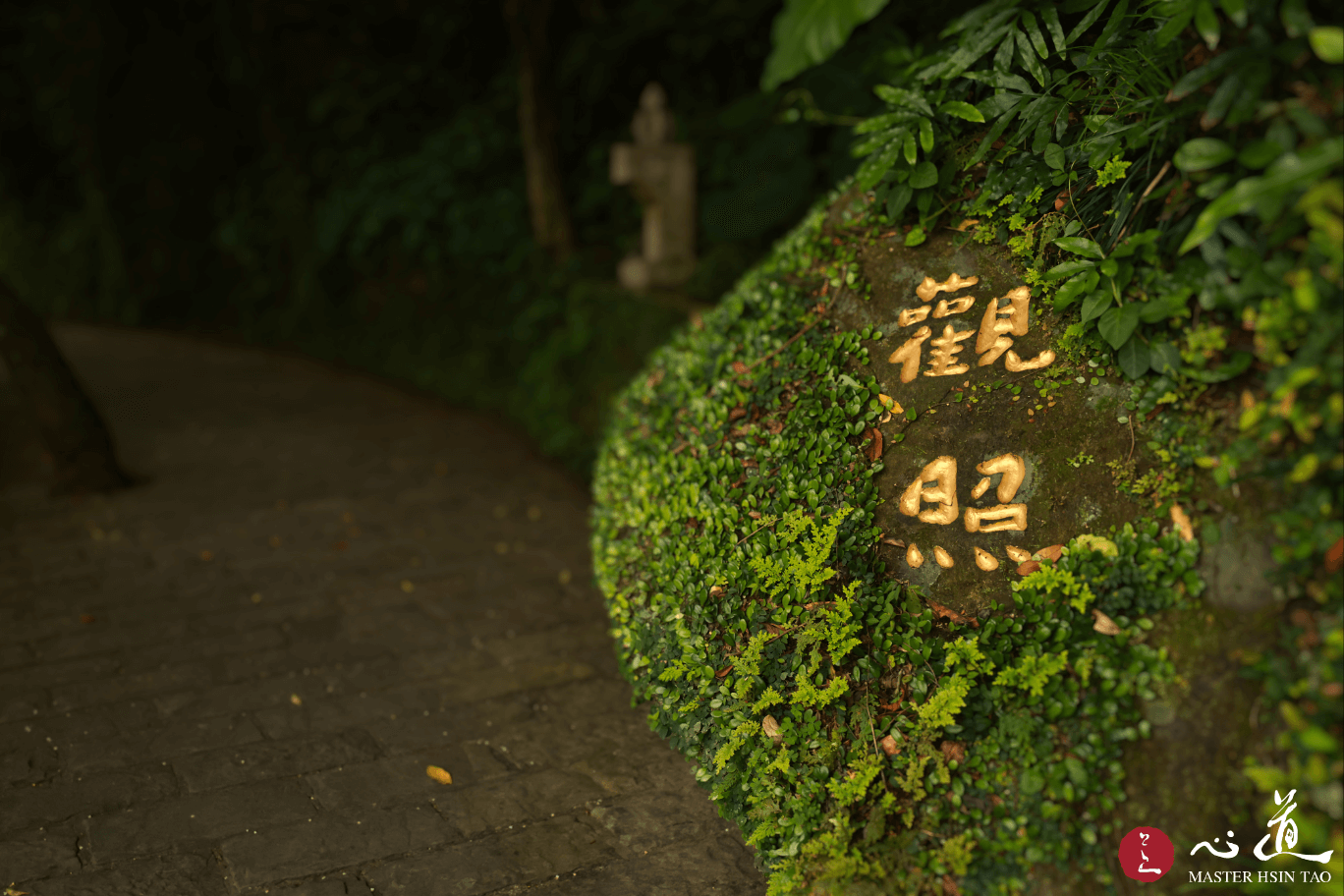 When I lived in the burial ground, all desires were reduced to their bare minimum. In that state, I could observe what my spiritual state of mind was like when entirely free from desire. It is through such experiences that one gradually deepens and enhances the spiritual dimension of being. Only then can one speak meaningfully about spirituality. Otherwise, how could one speak of it? After all, we are all fundamentally the same—where would one even begin? Reading texts often leads to forgetting, and rote memorization feels unnatural. But because I have gone through this process myself, I don’t need to rely on books or memory. I simply share my experiences deriving from spiritual practice. Once I have reached a certain level of experience, I can then speak about it to others.
When I lived in the burial ground, all desires were reduced to their bare minimum. In that state, I could observe what my spiritual state of mind was like when entirely free from desire. It is through such experiences that one gradually deepens and enhances the spiritual dimension of being. Only then can one speak meaningfully about spirituality. Otherwise, how could one speak of it? After all, we are all fundamentally the same—where would one even begin? Reading texts often leads to forgetting, and rote memorization feels unnatural. But because I have gone through this process myself, I don’t need to rely on books or memory. I simply share my experiences deriving from spiritual practice. Once I have reached a certain level of experience, I can then speak about it to others.
- Question: Would you consider this the best method?
- Master Hsin Tao: It is certainly a very effective method, but it is by no means the only one.


